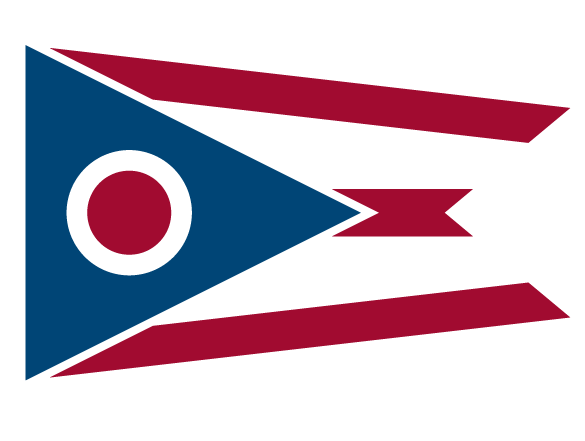(C)(1) The coroner shall provide a copy of the full and complete records of the coroner with respect to a decedent to a person who makes a written request as the next of kin of the decedent. The following persons may make a request pursuant to this division as the next of kin of a decedent:
(a) The surviving spouse of the decedent;
(b) If there is no surviving spouse, or if the surviving spouse has died without having made a request pursuant to this division, any child of the decedent over eighteen years of age, with each child over eighteen years of age having an independent right to make a request pursuant to this division;
(c) If there is no surviving spouse or child over eighteen years of age, or if the surviving spouse and all children over eighteen years of age have died without having made a request pursuant to this division, the parents of the decedent, with each parent having an independent right to make a request pursuant to this division;
(d) If there is no surviving spouse, child over eighteen years of age, or parents of the decedent, or if all have died without having made a request pursuant to this division, the brothers and sisters of the decedent, whether of the whole or the half blood, with each having an independent right to make a request pursuant to this division.
(2) If there is no surviving person who may make a written request as next of kin for a copy of the full and complete records of the coroner pursuant to division (C)(1) of this section, or if all next of kin of the decedent have died without having made a request pursuant to that division, the coroner shall provide a copy of the full and complete records of the coroner with respect to a decedent to the representative of the estate of the decedent who is the subject of the records upon written request made by the representative.
 An official State of Ohio government website.
Here's how you know
An official State of Ohio government website.
Here's how you know
